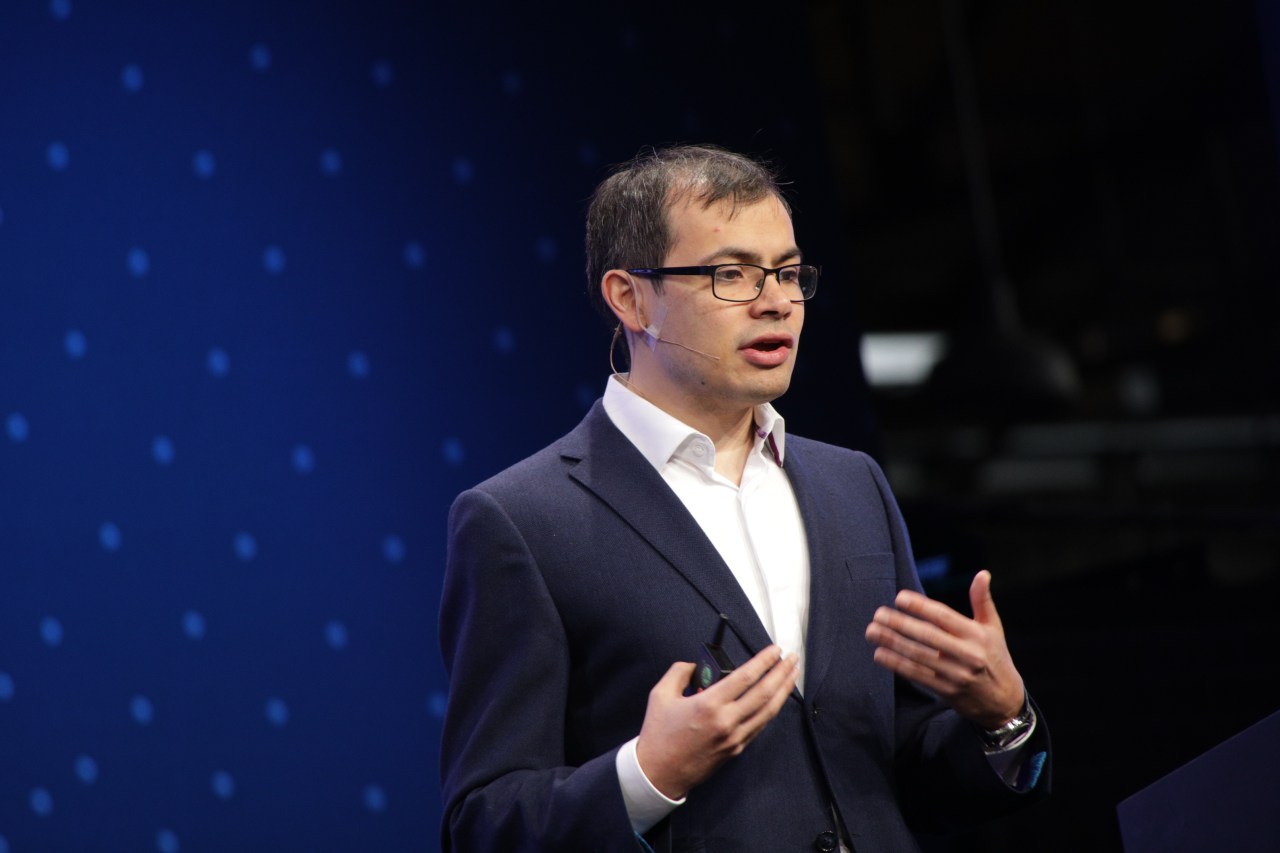In the ever-evolving arena of artificial intelligence, few achievements shine as brightly as DeepMind’s AlphaGo Zero. This remarkable AI not only conquered one of the oldest and most complex games known to man—Go—but did so without any human input, highlighting the limitless potential of self-learning systems. Yet, as we delve into the depths of its capabilities, one question lingers: how smart could AlphaGo Zero truly become if given the chance?
The Genesis of AlphaGo Zero
AlphaGo Zero emerged as a bold experiment in AI learning. Unlike its predecessors, which relied on extensive human gameplay data to enhance their performance, AlphaGo Zero started its journey from ground zero. With no guidance but its understanding of the game, it embarked on a three-day quest that saw it rediscover over 3,000 years of human knowledge surrounding Go. Bridging the gap between raw capability and strategic insight, AlphaGo Zero distilled the essence of mastery in remarkably short timeframes.
Unprecedented Performance
Within a mere 72 hours of self-training, AlphaGo Zero surpassed all existing versions of AlphaGo, including the one that famously triumphed over world champion Lee Sedol. The true genius of AlphaGo Zero, however, may lie in its method of trial and error—randomly executing moves and organically learning which strategies yielded the best results. This groundbreaking approach to gameplay offers profound implications not only for AI development but also for human understanding of strategic depth in games.
The Mystery of Its Limits
What is perhaps even more astonishing is the fact that DeepMind intentionally halted the exploration of AlphaGo Zero’s potential. As explained by DeepMind’s CEO, Demis Hassabis, the researchers decided to divert their computational resources to other projects before they could fully determine AlphaGo Zero’s ceiling of intelligence. This notion of unexplored territory in AI performance showcases the dual nature of advancement—the drive to innovate while maintaining focus on broader objectives.
Implications for Human Go Players and Beyond
The path ahead for AlphaGo Zero remains bright, with Hassabis hinting at potential future endeavors to resurrect the AI for further exploration. By accruing insights from AlphaGo Zero, human players could perhaps unravel new “alien” strategies that could enhance their own gameplay. But the influence of AlphaGo Zero extends well beyond the confines of the Go board; its methodologies could ultimately revolutionize how we approach problem-solving across various domains.
- Optimizing Energy Management: A more advanced AlphaGo Zero could tackle real-world challenges like energy efficiency in data centers, a critical concern for tech giants like Google.
- Complex Decision-Making: The strategies developed by the AI could inform human decision-making processes in fields such as finance, healthcare, and logistics, where complex variables often lead to suboptimal outcomes.
Conclusion: The Future of AI Learning
As we continue to make strides in artificial intelligence, the story of AlphaGo Zero serves as a reminder of both our achievements and the vast capacity for growth that remains untapped. While DeepMind has shifted focus for now, the research community eagerly awaits any resurgence of AlphaGo Zero, yearning to unlock its remaining mysteries. At fxis.ai, we believe that such advancements are crucial for the future of AI, as they enable more comprehensive and effective solutions. Our team is continually exploring new methodologies to push the envelope in artificial intelligence, ensuring that our clients benefit from the latest technological innovations.
For more insights, updates, or to collaborate on AI development projects, stay connected with fxis.ai.

